1. David Bowie
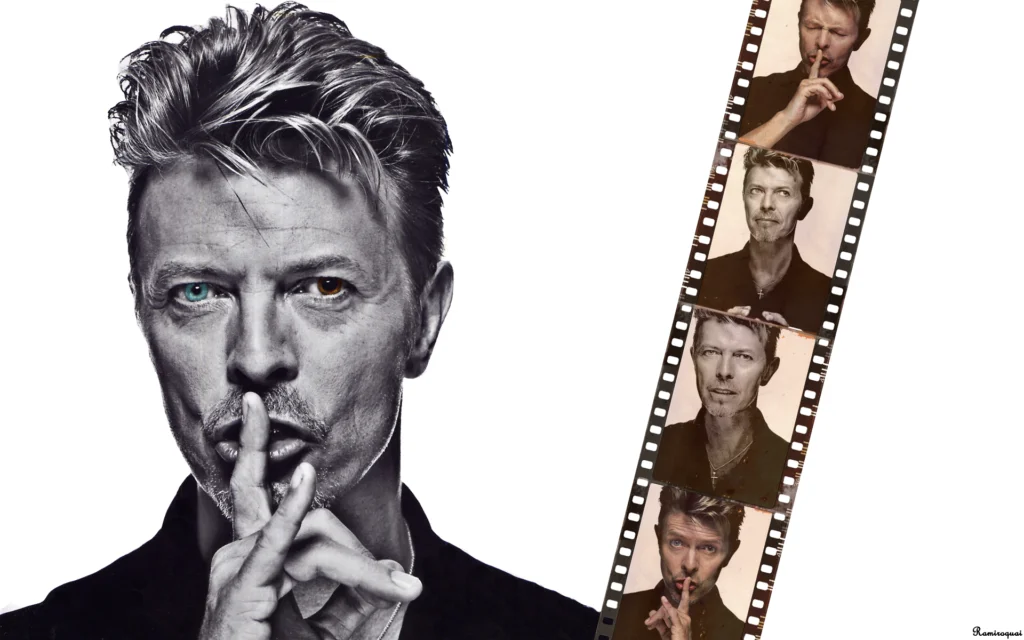
David Bowie was already known as a quirky, experimental artist in the ’70s, but he really made his mark on the music world during this decade with his alter ego, Ziggy Stardust. His persona brought a new, theatrical edge to rock music, blending glam, glamor, and deep philosophical questions. “Space Oddity” had made him a star, but it was his 1972 album The Rise and Fall of Ziggy Stardust and the Spiders from Mars that solidified his status as one of the most influential figures in music. With his theatrical performances, Bowie’s otherworldly style was ahead of its time, shaping not only music but fashion and pop culture.
Despite his eccentricities, Bowie proved that unconventional ideas could lead to mainstream success. His experimentation with genres like soul, funk, and electronic music pushed boundaries and showed the world that an artist could constantly evolve. Whether performing as Ziggy Stardust or later adopting other personas, Bowie’s work transcended the boundaries of rock and pop. His legacy of reinvention and creativity remains unmatched, making him one of the ’70s most unlikely, yet enduring, musical icons.
2. Dolly Parton
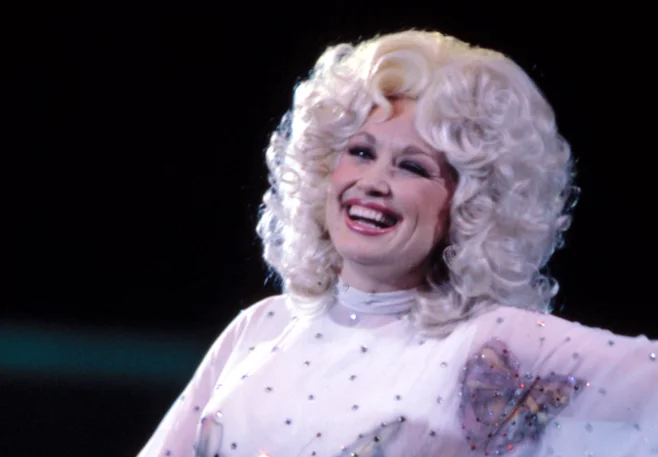
Though Dolly Parton had already established herself in the country music world in the late ’60s, it was in the ’70s that she began to make a name for herself outside of the country genre. In 1973, she released Jolene, a breakthrough album that showcased her vocal range and songwriting abilities. The title track, with its haunting lyrics about a love triangle, quickly became one of her signature songs. As her career grew, Parton proved that she could cross over into pop and appeal to audiences of all backgrounds.
By the late ’70s, she had begun to develop a larger-than-life persona that would transcend music. Her sweet, down-to-earth personality, coupled with her powerful voice, turned her into a beloved figure in mainstream pop culture. Dolly’s influence extended beyond just music, as she became an advocate for education, philanthropy, and self-empowerment. In an era dominated by male country artists, Dolly Parton’s success was nothing short of revolutionary, making her an unlikely yet immensely successful star.
3. Elton John
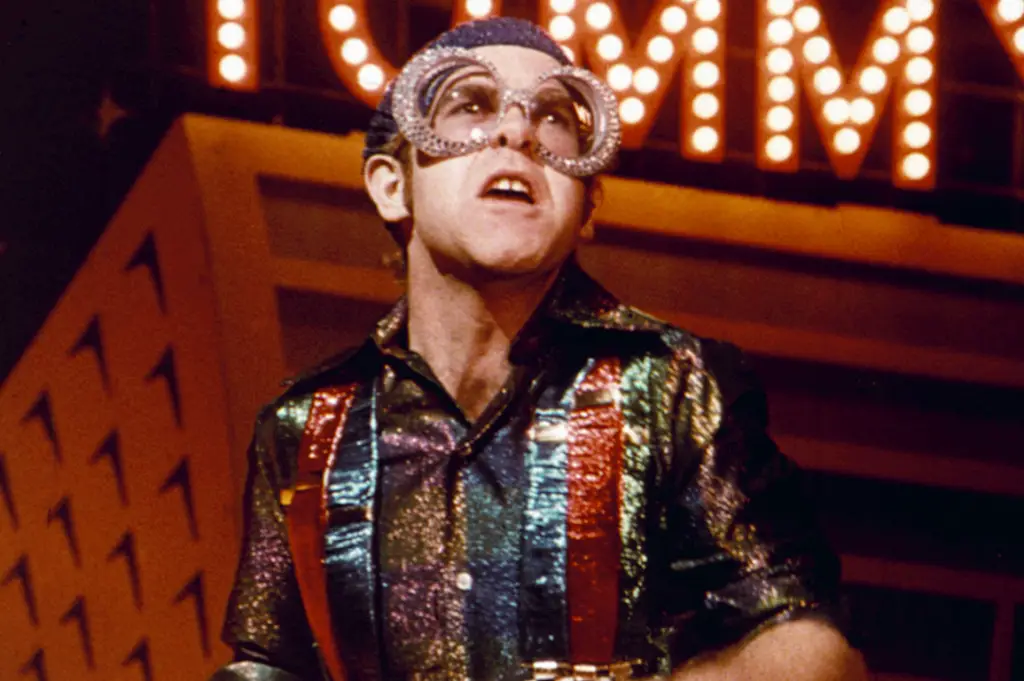
Elton John was another unlikely figure whose career skyrocketed in the ’70s. A flamboyant piano-playing rock star with a penchant for outrageous costumes, John initially struggled to gain attention in the ’60s. However, in the ’70s, he struck gold with his collaboration with lyricist Bernie Taupin, producing iconic albums like Goodbye Yellow Brick Road. Songs like “Rocket Man” and “Crocodile Rock” became anthems of the era, and his electrifying live performances gained him a dedicated following.
John’s ability to fuse pop, rock, and glam elements, combined with his larger-than-life personality, helped him become one of the biggest stars of the ’70s. His openness about his eccentric style and struggles with identity resonated with many, making him a symbol of individuality. With his piano-playing virtuosity and infectious melodies, Elton John quickly became a defining force in the music industry during this era, cementing his status as one of the most influential musicians of the decade.
4. Cher
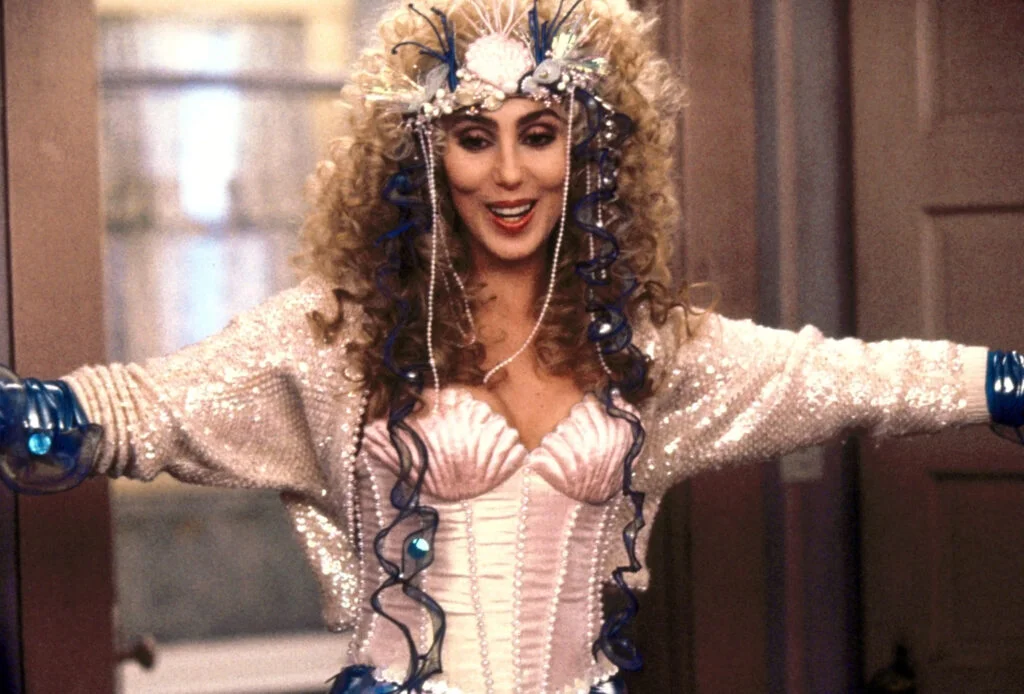
Cher’s path to music stardom was full of unexpected turns. Initially known for her partnership with Sonny Bono as the duo Sonny & Cher, Cher emerged as a solo star in the ’70s after the duo parted ways. Her hit song “Gypsys, Tramps & Thieves” from 1971 was a surprising chart-topper, and her distinct voice soon became one of the most recognizable in music. Unlike many artists of the time, Cher managed to blend folk, pop, and rock influences into something uniquely her own.
By the mid-’70s, Cher’s success as a solo artist was undeniable, but it was her reinvention of herself that truly set her apart. With hits like “Half-Breed” and “Dark Lady,” she proved that she was more than just a pop star—she was a cultural icon. Her continued evolution, both musically and stylistically, made her one of the most durable artists of the decade. Cher’s boldness and constant reinvention helped her transcend genres and trends, making her an unlikely, yet undeniable force in the music world.
5. Bob Marley
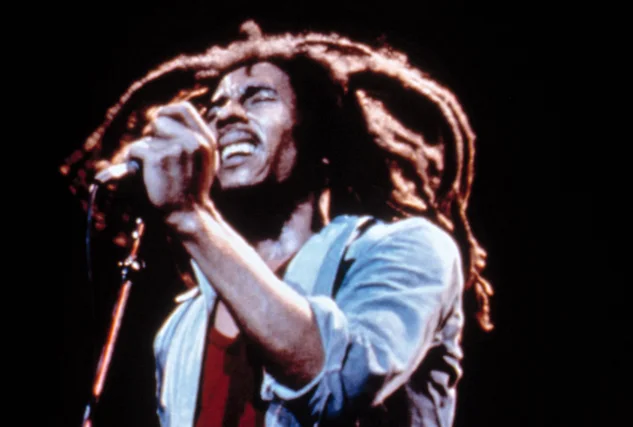
Although Bob Marley had already started making waves with his reggae music in the late ’60s, it was in the ’70s that he truly became a global sensation. His 1974 album Natty Dread introduced the world to songs like “No Woman, No Cry,” which became an anthem for peace and unity. Marley’s fusion of reggae, rock, and politically charged lyrics made him one of the most influential musicians of the decade. He wasn’t just a Jamaican artist—he was a voice for social change, representing a global movement.
His rise to fame seemed improbable at the time, as reggae was not yet widely recognized outside of Jamaica. Yet, with his charismatic presence and deep connection to his music, Bob Marley transcended cultural barriers and brought reggae to the forefront of popular music. His messages of unity, resistance, and love resonated with people worldwide, solidifying his status as an unlikely yet deeply impactful figure in music history.
6. Bruce Springsteen
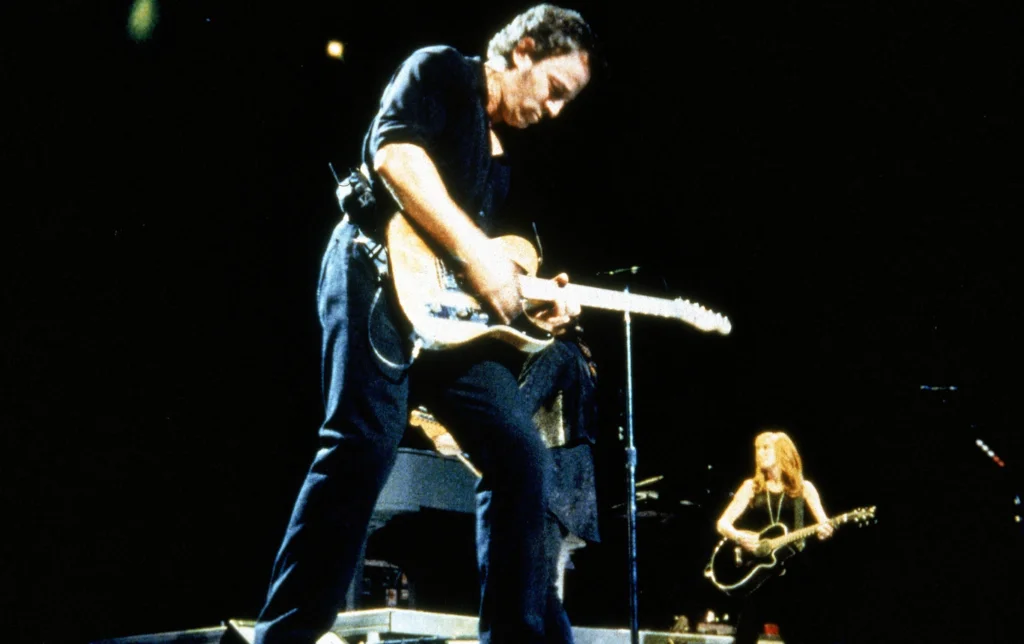
Bruce Springsteen, also known as “The Boss,” was a late bloomer who didn’t find mainstream success until the ’70s. Despite being a talented songwriter and performer, his early albums struggled to gain traction. However, his 1975 album Born to Run changed everything, capturing the spirit of American working-class struggles and introducing songs like “Thunder Road” and “Born to Run,” which resonated deeply with listeners. His raw energy and heartfelt lyrics made him the voice of a generation.
Springsteen’s working-class persona and his commitment to capturing the realities of life in America made him an unlikely star in the world of rock ‘n’ roll. His energetic performances, coupled with his ability to connect with fans, quickly made him one of the most beloved musicians of the ’70s. Despite facing an uphill battle in his early years, Springsteen became one of the decade’s most important figures, crafting a legacy that still endures today.


